Have you ever caught your dog eyeing your fruit bowl with those irresistible puppy eyes? It’s tempting to share a juicy slice with your furry friend, but not all fruits are safe for dogs. Some fruits can boost your dog’s health and happiness, while others can be downright dangerous—even deadly. Let’s dive into the surprising world of dog-friendly fruits and learn which ones to keep far away from your pup’s eager mouth!
Blueberries: The Tiny Powerhouses
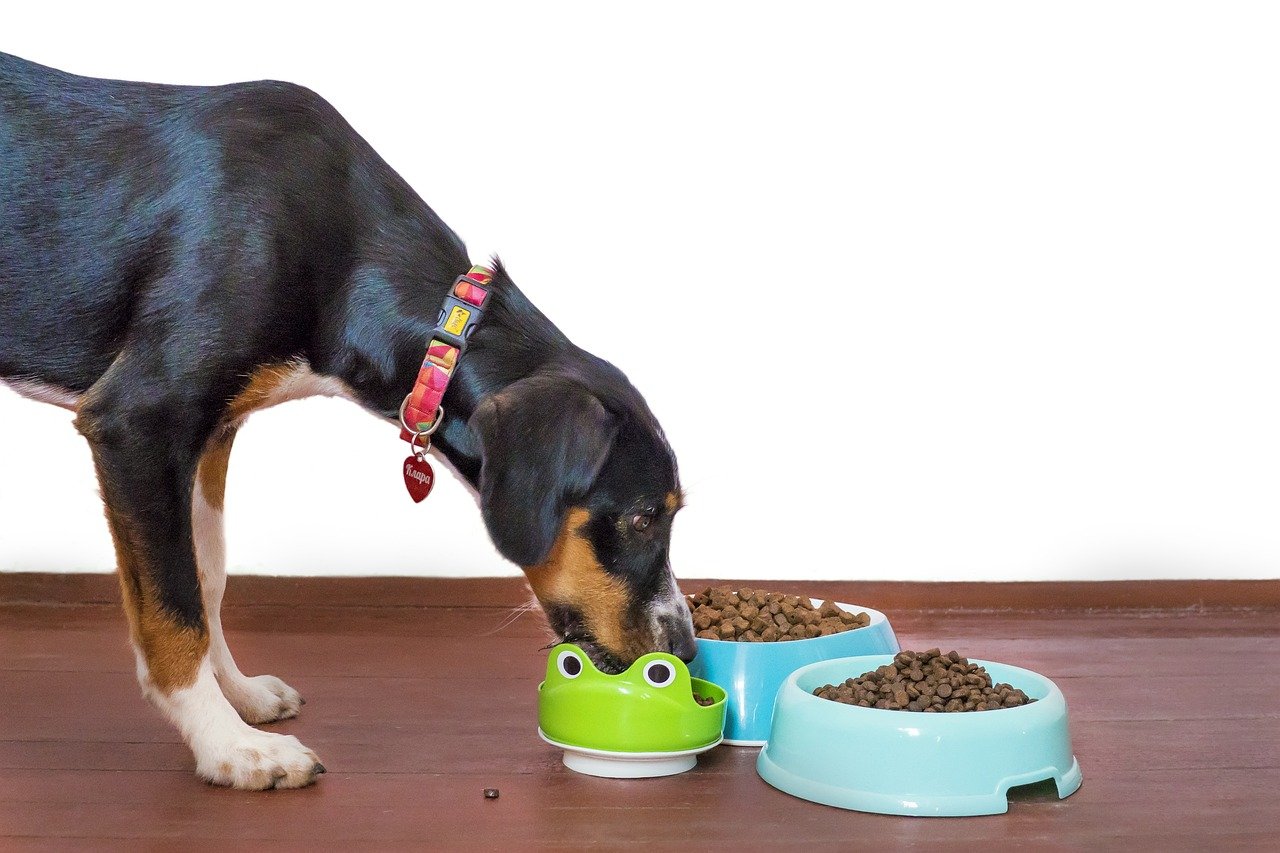
Blueberries are more than just a delicious snack—they’re little bursts of health for your dog. Packed with antioxidants, they help fight cell damage and support your dog’s immune system. Blueberries are also a great source of fiber and vitamin C, which can aid digestion and keep your pup’s coat shiny. Even better, these berries are low in calories, making them perfect for training treats. Just offer a few at a time, as too much fiber can cause tummy troubles. Dogs usually love the sweet, juicy flavor, and you can even freeze them for a crunchy summer treat. Imagine your dog crunching down on a cold blueberry on a hot day—that’s pure happiness!
Apples: Crunchy and Refreshing

Apples are a classic snack for humans and dogs alike. They provide vitamin A, vitamin C, and plenty of fiber, all of which help keep your dog’s digestive system running smoothly. The crunchy texture also helps clean their teeth as they chew, which is a bonus for oral health. Always remember to remove the seeds and core before serving, as apple seeds contain cyanide and the core can be a choking hazard. A few apple slices are a fresh way to reward your dog or jazz up their mealtime. Dogs love the juicy crunch, and you’ll love knowing it’s healthy for them!
Bananas: Sweet and Satisfying
Bananas are a soft, sweet treat that most dogs can’t resist. They’re loaded with potassium, vitamin B6, and vitamin C, all of which support muscle function and boost energy. The smooth texture makes bananas easy for dogs to eat, especially older pups with sensitive teeth. However, bananas are high in sugar, so moderation is key—think of them as a special treat, not a daily snack. Slice them up and mix with your dog’s food, or mash and freeze for a cooling treat in the summer. A happy dog wagging its tail for a banana bite is a heartwarming sight!
Watermelon: Juicy Hydration
Watermelon is a summertime favorite, and dogs love it just as much as we do. It’s full of vitamins A, B6, and C, and because it’s mostly water, it helps hydrate your pup on hot days. Always remove the seeds and rind, as these parts can cause digestive issues or choking. Offer small, seedless chunks as a refreshing treat, especially after a long walk or playtime. Not only is watermelon tasty, but it’s also low in calories, so you don’t have to worry about overindulging your pooch. Watching your dog munch on a juicy piece of watermelon is an instant mood booster!
Strawberries: A Berry Good Treat
Strawberries are a safe and delicious fruit option for dogs. Full of fiber and vitamin C, they also contain an enzyme that can help whiten your dog’s teeth. Just like with other fruits, moderation is important due to their natural sugar content. Slice fresh strawberries and offer them as a snack, or blend into a homemade dog smoothie. Avoid canned or sugared strawberries as these can harm your pet. The sight of your dog’s nose twitching at the smell of fresh strawberries is adorable—and a clear sign of approval!
Pineapple: Tropical Sweetness
Pineapple is a tropical treat that provides vitamin C, thiamin, riboflavin, and folate, all of which help support your dog’s immune system and digestion. Make sure to remove the tough skin and core, as these can be hard for dogs to digest. Offer small, bite-sized pieces to avoid any choking hazards. Pineapple can be a fun addition to your dog’s snack rotation, especially if they enjoy sweet flavors. Its juicy, tangy taste might just become your pup’s new favorite!
Pears: Gentle and Nutritious
Pears are gentle on your dog’s tummy and packed with fiber, vitamin C, and vitamin K. These nutrients support bone health and boost your dog’s immune system. Always remove the seeds and core before serving, as they can be harmful. Cut pears into small pieces for a safe, easy-to-eat snack. Their mild flavor and soft texture make them a hit with dogs of all ages, from curious puppies to wise seniors.
Cantaloupe: Melon Magic
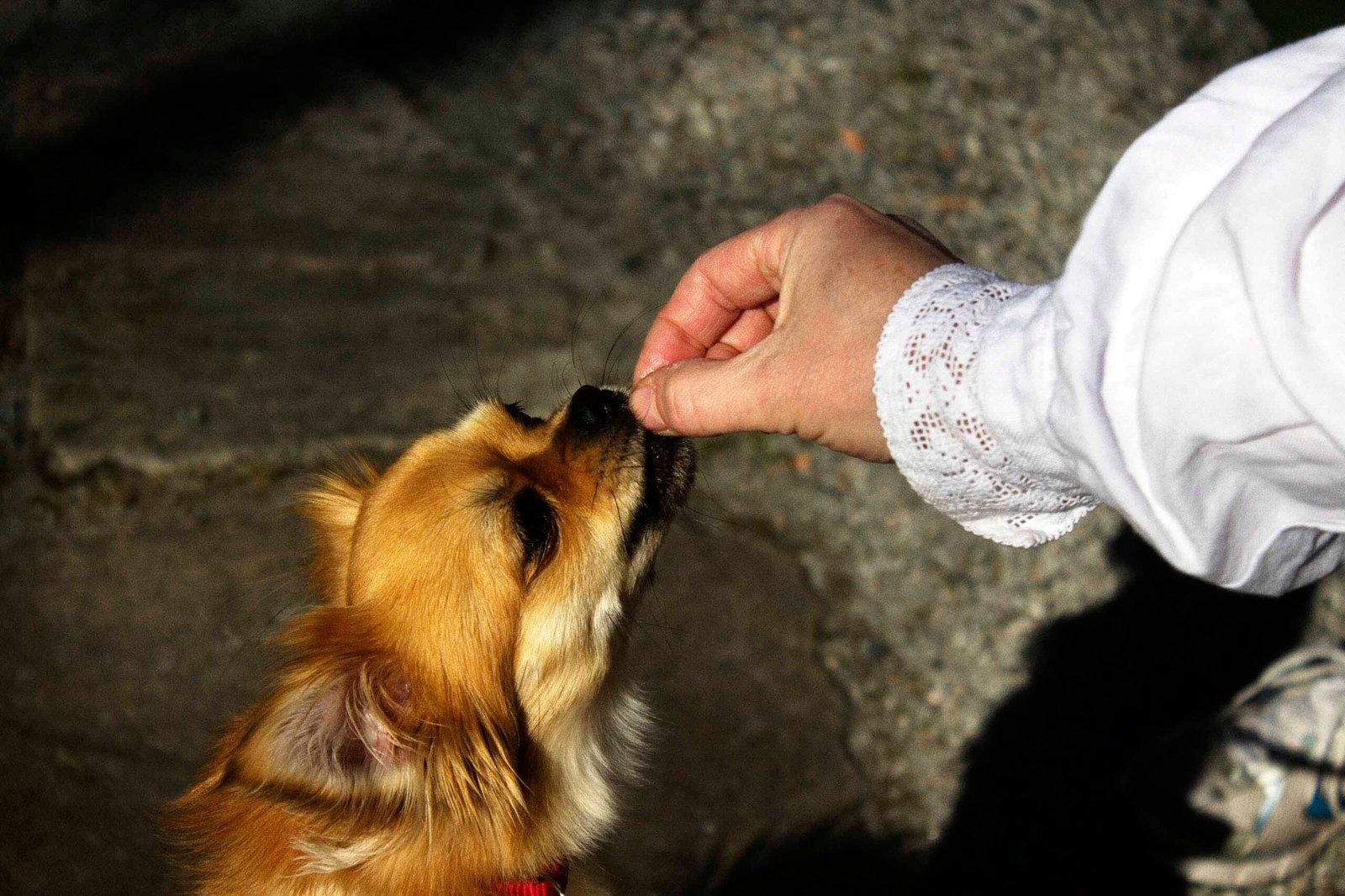
Cantaloupe is a hydrating fruit loaded with vitamins A and C. Its high water content makes it perfect for keeping your dog cool and refreshed. Remove the rind and seeds before offering cantaloupe to avoid stomach upset. Serve small cubes or scoop out bite-sized balls for a fun, mess-free snack. Dogs love the sweet scent and juicy taste, and you’ll love watching them enjoy this healthy treat.
Mango: Exotic Delight

Mangoes are a safe fruit for dogs when given in moderation. Rich in vitamins A, B6, C, and E, mangoes can help promote eye health, boost immunity, and keep your dog’s skin healthy. Always peel the mango and remove the pit before offering any to your dog, as the pit can be a choking hazard. Serve small, soft pieces, especially for smaller dogs. The taste of mango is sweet and exotic—your dog might feel like they’re on a tropical vacation!
Cranberries: Tart and Tangy
Cranberries are a great source of antioxidants and vitamins C and E. These nutrients can help support your dog’s urinary tract health and overall immune system. Offer fresh or dried cranberries in small amounts, but avoid any that are sweetened or mixed with raisins (which are toxic to dogs). Some dogs love the tart flavor, while others may be hesitant. Still, it’s worth a try for the health benefits and the fun of introducing a new taste.
Grapes and Raisins: Strictly Forbidden

Grapes and raisins are among the most dangerous fruits for dogs. Even a small amount can cause sudden kidney failure, which can be fatal. Symptoms may include vomiting, diarrhea, lethargy, and loss of appetite. Never offer grapes or raisins to your dog, and keep them out of reach at all times. If you suspect your dog has eaten even one grape or raisin, contact your vet immediately. It’s startling to learn how dangerous such a common fruit can be for our furry friends.
Cherries: A Hidden Danger
Cherries contain cyanide in their pits, stems, and leaves, which is highly toxic to dogs. Even the flesh can be risky, as it’s easy for dogs to accidentally swallow a pit. Ingesting cherry pits can cause difficulty breathing, red gums, and even death in severe cases. The risk is simply too high, so it’s best to avoid cherries altogether. Your dog’s safety is always worth more than a sweet treat.
Avocado: A Surprising Threat

Avocado might be a trendy health food for humans, but it’s a big no-no for dogs. The fruit contains persin, a toxin that can cause vomiting, diarrhea, and heart congestion in dogs. The pit is also a choking hazard and can cause blockages if swallowed. Even small amounts can be dangerous, so keep avocado well away from curious noses. It’s surprising that such a popular food can be so harmful to pets.
Tomatoes: Not Worth the Risk
Ripe tomatoes are less risky, but the green parts of the plant (stems and leaves) contain solanine, which is toxic to dogs. Eating too much can cause stomach upset, weakness, or confusion. Since it’s easy to get mixed up between ripe and unripe, it’s safer to skip tomatoes entirely when it comes to dog treats. There are plenty of other fruits that offer health benefits without the risk.
Plums: Sweet but Dangerous
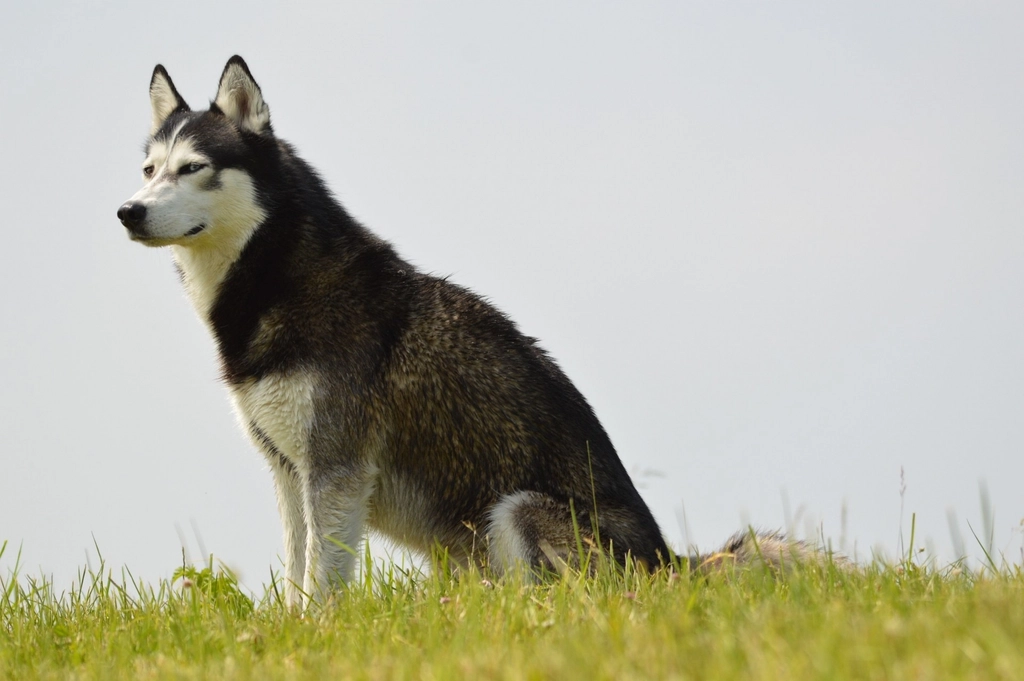
Plums might look tempting, but their pits contain cyanide, which is toxic to dogs. Eating the flesh isn’t safe either, as it’s easy for dogs to accidentally swallow or chew the pit. This can cause choking, blockages, or even poisoning. Symptoms include difficulty breathing and red gums. It’s best to steer clear of plums and keep them out of your dog’s reach.
Peaches: Risky for Dogs
Peaches, like plums and cherries, have pits that contain cyanide. The flesh is safe in very small amounts, but it’s not worth the risk if your dog accidentally eats the pit. Peach pits can also cause choking or digestive blockages. If you must offer peach, ensure it is pitless and only a tiny piece. It’s safer to choose alternatives that are naturally pit-free.
Currants: Highly Toxic
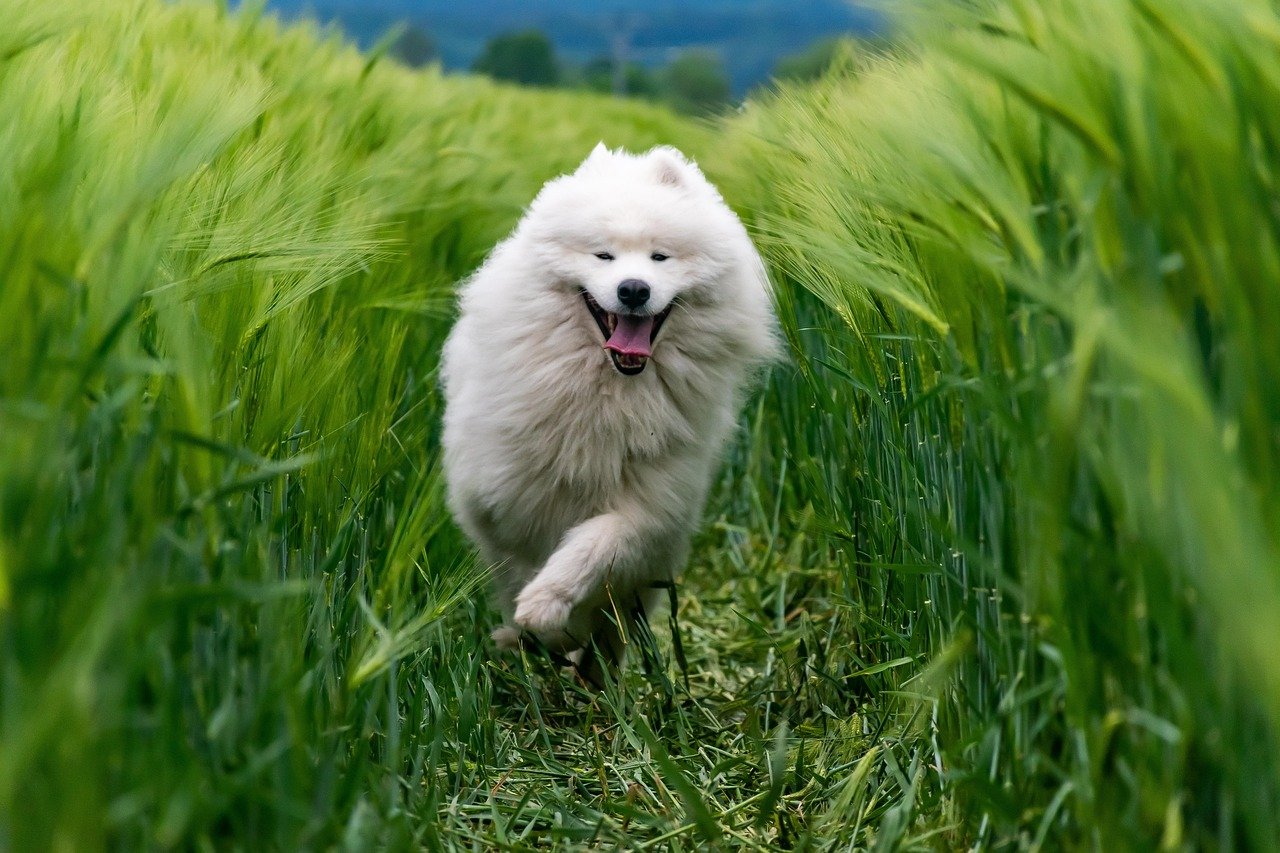
Currants, much like grapes and raisins, are extremely toxic to dogs. Ingestion can lead to sudden kidney failure, even if only a small amount is consumed. Symptoms can develop quickly, so immediate veterinary attention is crucial if your dog eats currants. It’s shocking how something so small can be so deadly.
Persimmons: Tummy Trouble
Persimmons aren’t as toxic as some fruits, but their seeds and skin can cause intestinal blockages and digestive upset in dogs. The fruit’s high sugar content can also contribute to obesity and dental problems. If your dog accidentally eats persimmon seeds, watch for signs of vomiting or abdominal pain. To be safe, skip this fruit entirely.
Rhubarb: Dangerous to the Core

Rhubarb contains oxalates, which can severely damage your dog’s kidneys and nervous system. Symptoms of poisoning include drooling, tremors, and even kidney failure. Both the stalk and leaves are harmful, so never let your dog near rhubarb plants or scraps. It’s one of the most dangerous plants for pets, and not worth any risk.
Figs: Best Left Alone
Figs can cause stomach upset, diarrhea, and even allergic reactions in some dogs. The fruit’s high sugar content can also be problematic, especially for dogs with diabetes or weight issues. While a small bite of ripe fig might not be toxic, the risk of digestive upset is enough to keep figs off the menu. There are plenty of safer, healthier options to choose from.
Dates: Too Sweet to Handle
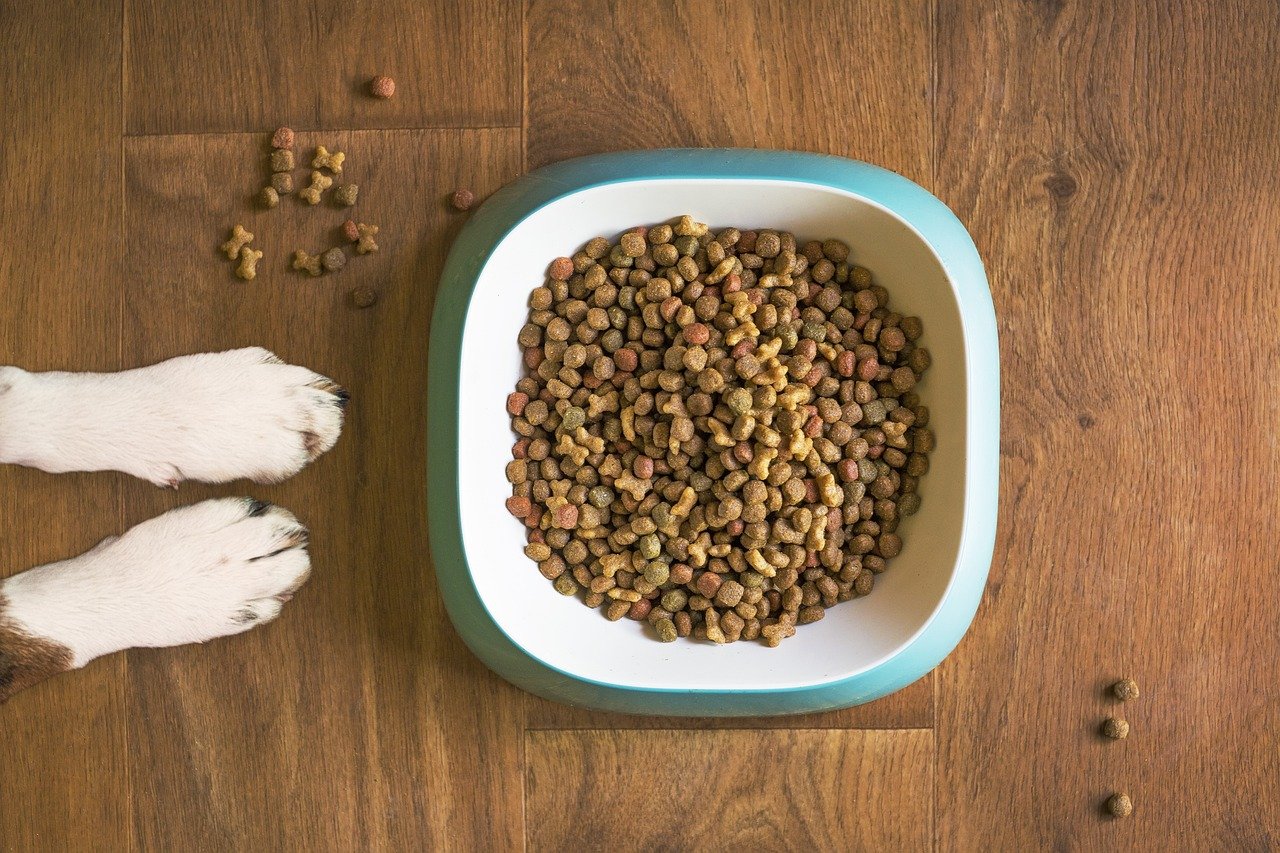
Dates are not toxic, but their high sugar content can quickly lead to weight gain and dental problems in dogs. The pits are also a choking hazard and can cause digestive blockages. For these reasons, it’s best to avoid giving your dog dates, no matter how much they beg for a bite. Choose lower-sugar fruits to keep your dog healthy and happy.

Esther is from India; the heartbeat of South Asia, holding a Master’s degree in Zoology and a postgraduate diploma in Animal Welfare. Her enthusiasm for animal welfare drives her passion and dedication to working for animals, ensuring their well-being, and advocating for their rights. With a solid academic background and hands-on experience, she is committed to making a positive impact in the field of animal welfare. In her free time, she enjoys embroidery and sewing. As a Chennaite from Tamil Nadu, Esther loves Bharathanatyam, an Indian classical dance form.





